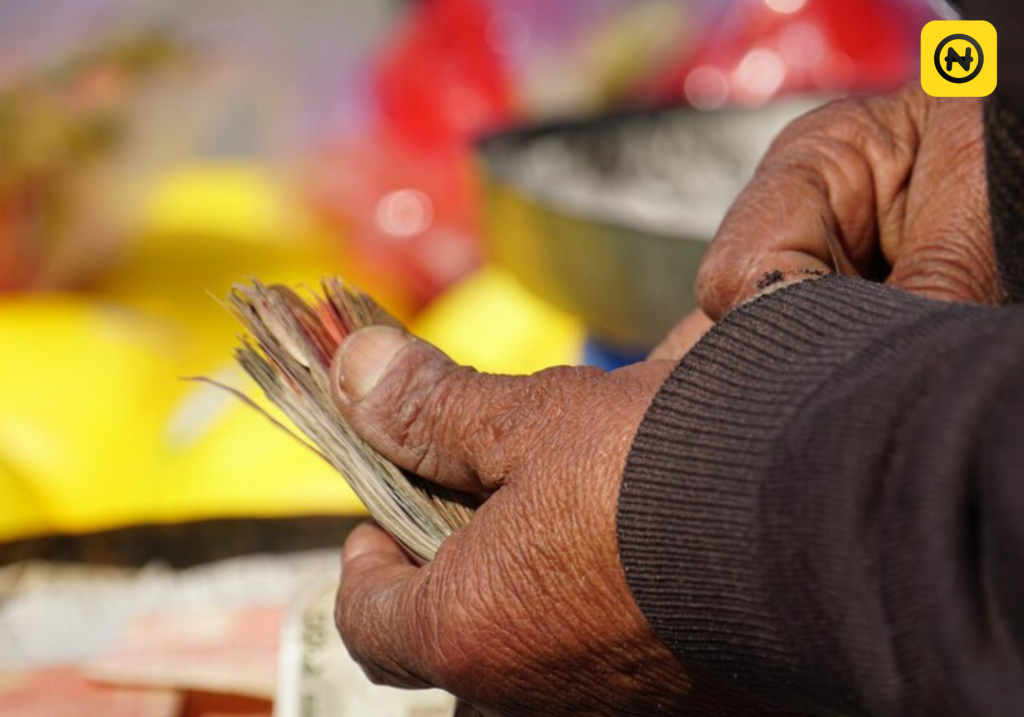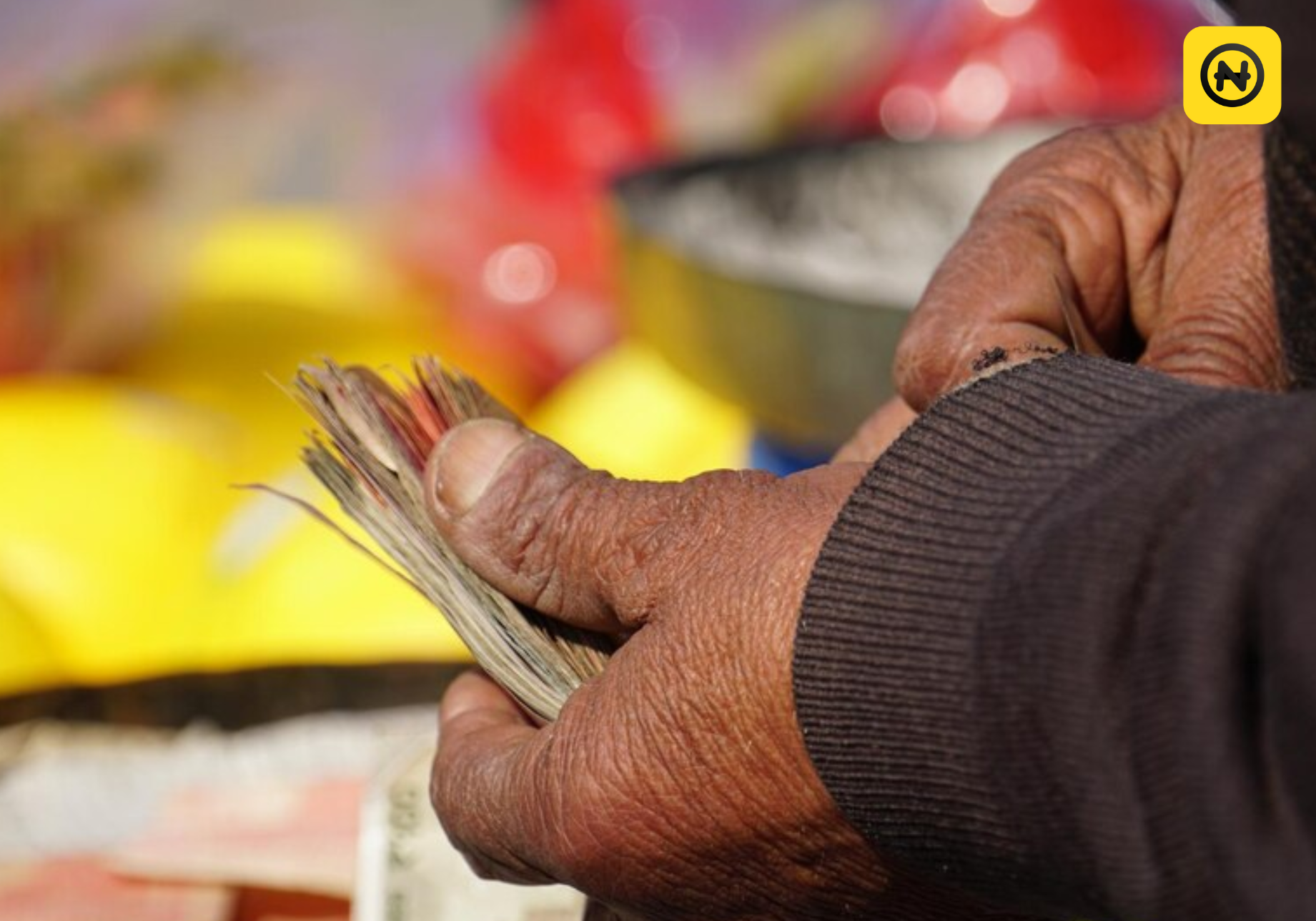Emergency funds: The importance in Nigeria
In a country with a developing economy and various economic challenges like Nigeria, the importance of having an emergency funds cannot be underestimated.
The emergency funds can provide a financial cushion during difficult times, allowing individuals and families to handle unexpected crises without sinking into debt.

This article will explore the relevance of emergency funds in Nigeria and offer advice on how to build one.
Economic context in Nigeria
Nigeria, being the largest economy in Africa, faces unique economic challenges such as fluctuations in oil prices, inflation, unemployment, and a large dependence on the informal sector. These circumstances make it crucial for citizens to have a financial safety net.
What are emergency funds?
An emergency fund is a reserve of money set aside to cover unexpected expenses or financial emergencies. This can include:
- Unplanned medical expenses
- Urgent home or vehicle repairs
- Job loss
- Other unforeseen financial issues
Importance of emergency funds in Nigeria
1. Financial security
Economic security can be volatile in Nigeria due to factors like inflation and labor market fluctuations. An emergency fund provides a safety net, allowing people to manage unforeseen events without destabilizing their finances.
2. Avoiding debt
In the absence of an emergency fund, Nigerians might be forced to resort to high-interest loans or sell valuable assets. Having savings set aside for emergencies can prevent you from going into debt.
3. Stress management
Knowing that you have a financial cushion can reduce the stress associated with unexpected economic problems, thus improving your overall well-being.
4. Long-term stability
Having an emergency fund allows individuals to maintain their long-term financial goals, such as children’s education or buying a house, even in the face of temporary crises.
How to Build an emergency fund
1. Set a goal
Determine how much you need to save. A common goal is to have three to six months’ worth of essential expenses covered. This includes rent, food, transportation, and utilities.
2. Open a separate savings account
It is crucial to keep emergency funds in a separate account to avoid the temptation of using that money for non-essential expenses.
3. Save regularly
Set up a monthly savings plan and automate transfers to your savings account. Even small amounts saved consistently can add up over time.
4. Reduce expenses
Review your budget to identify areas where you can cut expenses. The money saved can be directed to your emergency fund.
5. Increase income
Consider ways to increase your income, such as a second job, freelancing, or prudent investments. Use this extra money for your emergency fund.

Tips for maintaining your emergency fund
1. Periodic review
Review your emergency fund regularly to ensure it remains adequate for your needs. Adjust the amount if your circumstances change.
2. Replenish the fund
If you use money from the fund, prioritize replenishing it as soon as possible.
3. Keep in safe investments
Keep your emergency fund in a readily accessible savings account. High-risk investments are not advisable for these savings due to the possibility of losses.

An emergency fund is essential for financial stability, especially in an economic environment like Nigeria’s. It provides a safety net against unforeseen events and allows individuals and families to maintain their long-term financial goals. With the right strategy and discipline, it is possible to build and maintain an emergency fund that protects against economic uncertainties.


Leave a Reply